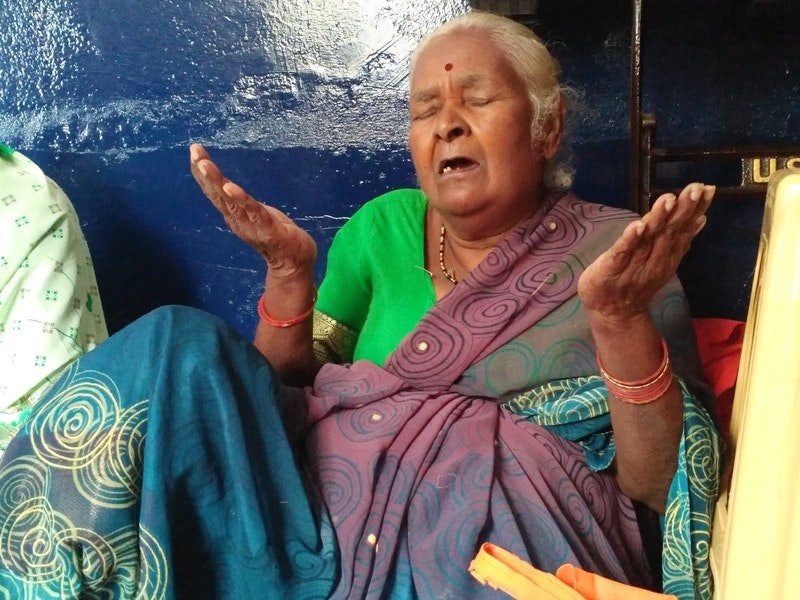For five mornings each week, the elderly women who visit the Rangoli Women’s Center say they feel like they belong somewhere. This is an unusual feeling for many of them. In most of India, older women are practically invisible. In large families, they take on childcare duties, but as family sizes shrink across the country, women over the age of 60 are increasingly marginalized.

The ageing population is undergoing a “rapid feminization,†says social gerontologist Nidhi Gupta, who researches the quality of life of older people. The 2011 census found there are about 104 million elderly persons (aged 60 or above) in India, of whom 53 million are women.
Women tend to outlive their partners, Gupta says, and can become isolated. According to a 2016 national survey, just over 70 percent of elderly women in urban areas rely on their children to support them financially; that number is closer to 80 percent in rural India. “In a scenario where family size is reducing, children are migrating, the community needs to play a greater role,†Gupta says.
The Rangoli Center is run by the YWCA in Bangalore city’s Rajendra Nagar slum. Usha Abraham of the community development wing says it has several initiatives for young girls, working mothers and even small children. Five years ago, it saw a gap in its services and adapted the sewing center, making it available to senior citizens from 10:30 a.m. to 1 p.m.
Read the feature.

0 Comments